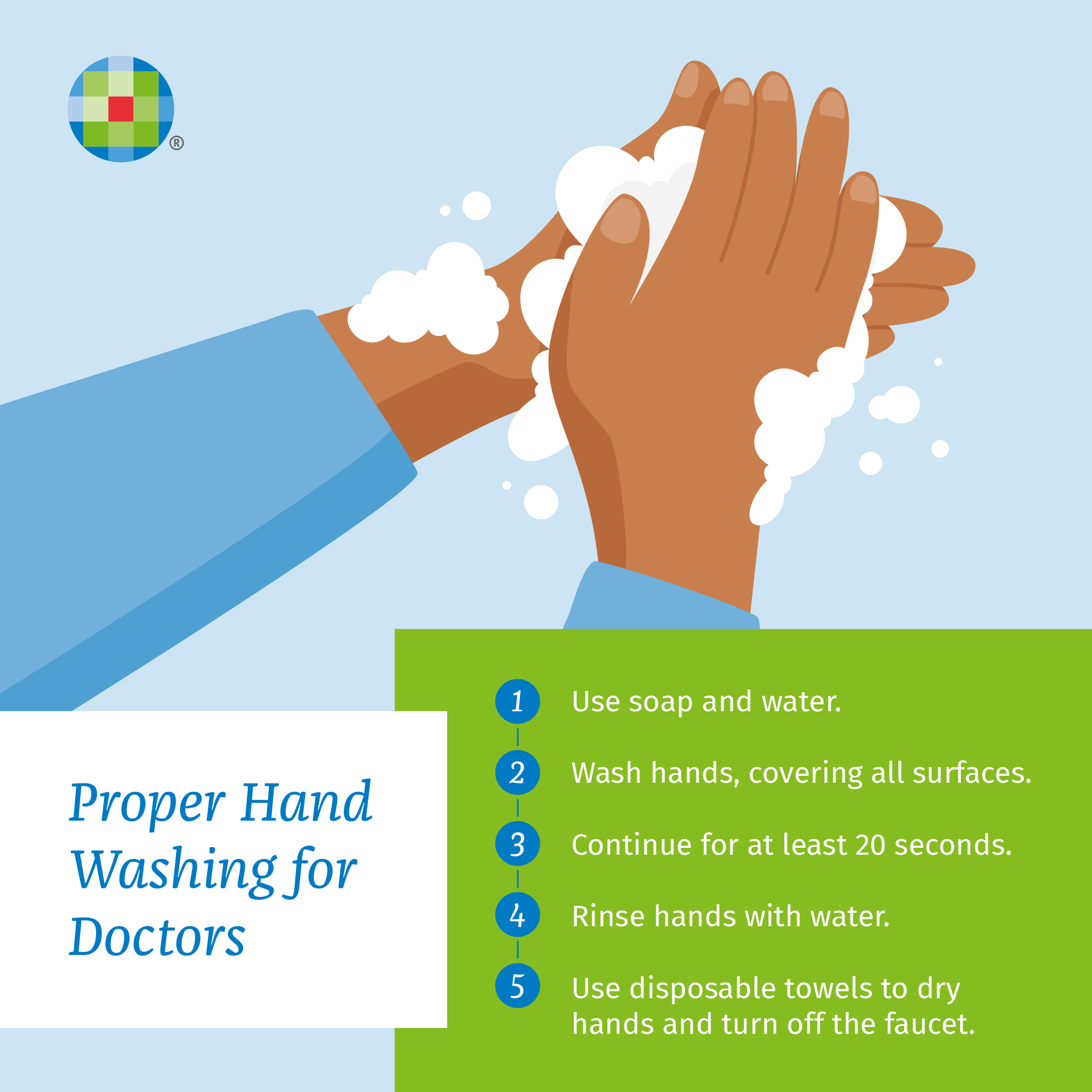Alcohol-based hand sanitizers, on the other hand, are a convenient and effective alternative to handwashing with soap and water. They should be used when hands are not visibly soiled or contaminated, and they should be applied to all surfaces of the hands, including the fingers, wrists, and backs of the hands. The CDC recommend using an alcohol-based hand sanitizer that contains at least 60% ethanol or isopropanol.
Benefits of Proper Hand Hygiene
Proper hand hygiene has numerous benefits, including:
- Reduced risk of infection: Hand hygiene is one of the most effective ways to prevent the spread of infections, including hospital-acquired infections.
- Improved patient safety: Hand hygiene is critical in healthcare settings, where patients are at risk of acquiring infections.
- Reduced absenteeism: Hand hygiene can help prevent the spread of illnesses, such as the flu, which can lead to absenteeism and lost productivity.
- Improved public health: Hand hygiene can help prevent the spread of infectious diseases in the community, reducing the burden on healthcare systems.
- Reduced costs: Hand hygiene can help reduce the costs associated with treating and managing infections, as well as the costs of absenteeism and lost productivity.
Common Mistakes in Hand Hygiene
Despite the importance of hand hygiene, many people make common mistakes that can reduce the effectiveness of hand hygiene. Some of these mistakes include:
- Not washing hands for long enough: Washing hands for less than 20 seconds can reduce the effectiveness of hand hygiene.
- Not using enough soap: Using too little soap can reduce the effectiveness of hand hygiene.
- Not drying hands properly: Not drying hands properly can create an environment that is conducive to the growth of microorganisms.
- Not using hand sanitizer correctly: Using hand sanitizer incorrectly, such as applying it to only a portion of the hands, can reduce its effectiveness.
- Not washing hands frequently enough: Not washing hands frequently enough can lead to the spread of infections.
Frequently Asked Questions (FAQs)
- How often should I wash my hands?: You should wash your hands frequently, especially after using the bathroom, before eating, and after blowing your nose, coughing or sneezing.
- What is the best way to wash my hands?: The best way to wash your hands is to use soap and water, and to scrub all surfaces of the hands, including the fingers, wrists, and backs of the hands, for at least 20 seconds.
- Can I use hand sanitizer instead of washing my hands?: Hand sanitizer is a convenient and effective alternative to washing your hands, but it should not be used as a substitute for washing your hands. You should wash your hands with soap and water whenever they are visibly soiled or contaminated.
- How can I prevent the spread of infections in my workplace?: You can prevent the spread of infections in your workplace by practicing good hand hygiene, staying home when you are sick, and coughing or sneezing into a tissue or your elbow.
- Can I get sick from not washing my hands?: Yes, you can get sick from not washing your hands. Failing to wash your hands can lead to the spread of infections, which can cause a range of illnesses, from mild to severe.
Conclusion
Hand hygiene is a critical aspect of infection prevention and control, and it is essential that we practice good hand hygiene in our daily lives. By washing our hands frequently, using soap and water, and using an alcohol-based hand sanitizer when necessary, we can reduce the risk of infection, improve patient safety, and reduce the burden on healthcare systems. It is also important to avoid common mistakes in hand hygiene, such as not washing hands for long enough, not using enough soap, and not drying hands properly. By practicing good hand hygiene, we can help prevent the spread of infections, and stay healthy and well. Remember, hand hygiene is one of the simplest and most effective ways to prevent the spread of infections, and it is up to each and every one of us to make it a habit.
Closure
Thus, we hope this article has provided valuable insights into Hand hygiene practices. We appreciate your attention to our article. See you in our next article!
